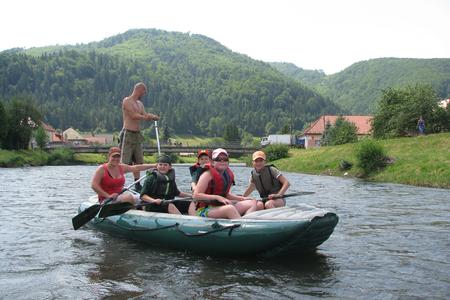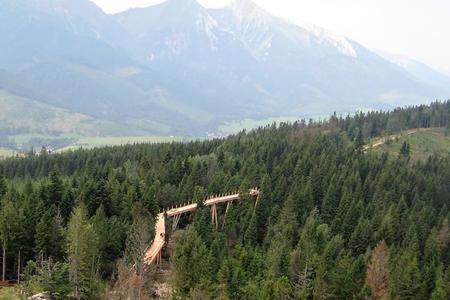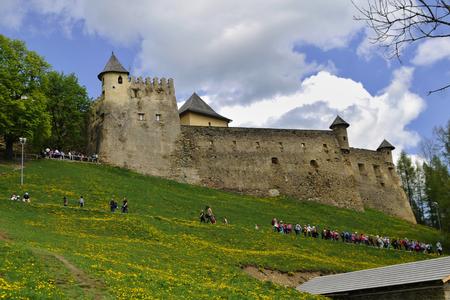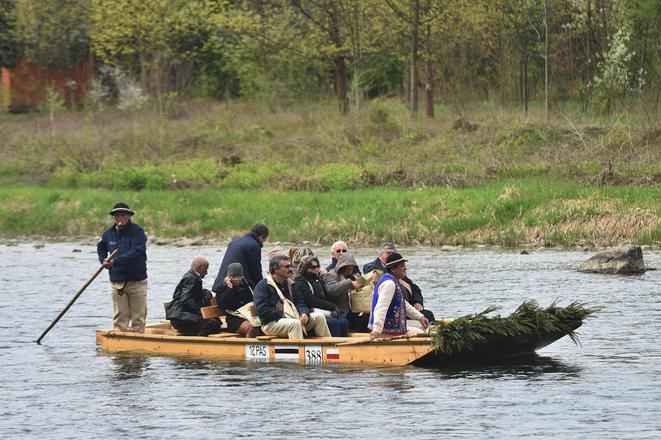The smallest national park in Slovakia, the Pieniny National Park (PIENAP), celebrates half a centenary this year.
“It is a nice anniversary, but the park’s story started when the Slovak Natural Reserve in Pieniny, the first of its kind in Europe, was announced in 1932,” Environment Minister László Sólymos stated, as quoted by the SITA newswire, at the beginning of November, when a two-day festive conference was organised to mark the date. The minister also handed over written thanks to former and current employees of PIENAP.

The Pieniny park was the first and one of few national parks to undergo zonation, the process of dividing the park into several smaller sections with different levels of protection. Zonation is necessary to develop protected areas in the long term and sustain tourism as the economy must work in conjunction with natural protection, the minister added for SITA.
The most recent tourist attraction is the tree-top path in Bachledova Dolina valley, situated on the border between PIENAP and the Tatra National Park (TANAP).

The image of the park has changed in the 50 years since its opening, head of PIENAP administration Vladimír Kĺč said.
“People have lived in this region, breeding livestock, caring for the country, but as this is a region within Slovakia outside the economic interests, people have fled,” he noted, as quoted by SITA. “We can see this now from the overgrown meadows and bio-tops. One solution is to have a national park but parks have limited administration. To manage this area well, hiring someone who lives in this area is necessary – and everything must unfold from this.”

People returning to traditional land management are crucial, Kĺč added.
It is the landscape and its state that impact tourism, Kĺč stressed for SITA. Currently, visitors of the national park are lured not only by hiking routes but also traditional rafting on wooden rafts on the Dunajec River. Annually, around 800,000 visitors come to PIENAP.

The PIENAP was established by a decree of then-communist parliament on January 16, 1967. Its stated goal has been to keep, renew, protect and boost the park while paying special attention to its cultural-scientific, water-management, health and touristic importance. The park is 3,750 hectares in total, of which around 278 hectares are in the strictest zone A, with the 5th level of protection.


 Traditional rafting on the Dunajec river is a tourist attraction in Pieniny National Park. (source: TASR)
Traditional rafting on the Dunajec river is a tourist attraction in Pieniny National Park. (source: TASR)